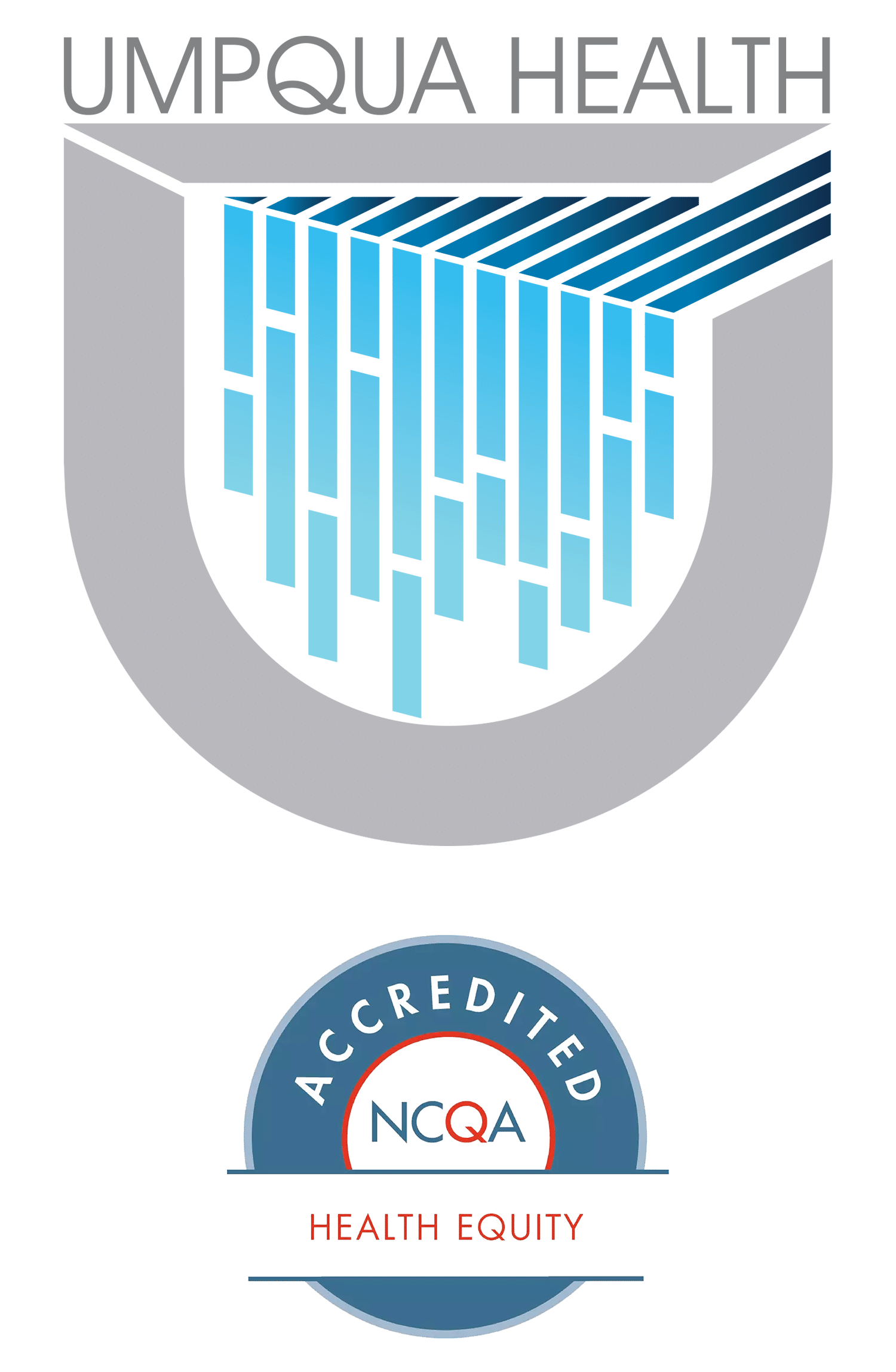Clinical Practice Guidelines
Umpqua Health Alliance’s adopts Clinical Practice Guidelines that are based on valid and reliable clinical evidence and/or a consensus of clinical experts. They consider the needs of the member and are adopted in consultation with UHA’s Clinical Advisory Panel and network providers. They are also reviewed and updated periodically as appropriate.
American Diabetes Association Standards of Care
Chronic Obstructive Lung Disease: Global Initiative for Chronic Obstructive Lung Disease (GOLD)
Immunization: Advisory Committee on Immunization Practices (ACIP): Child and Adolescent
Immunization: Advisory Committee on Immunization Practices (ACIP) – Adults
Oncology: National Comprehensive Cancer Network
Asthma Management Guidelines: Report from The National Asthma Education and Prevention Program Expert Panel Working Group
American College of Radiology Appropriate Use Criteria
Choosing Wisely
Clinical Practice Guideline on the Management of Stimulant Use Disorder
Medication for the Treatment of Alcohol Use Disorder: A Brief Guide
HCV Guidance: Recommendations for Testing, Managing, & Treating Hepatitis C
Guideline for the Management of Heart Failure
Hypertension Practice Guidelines
Academy for Eating Disorders (AED)
American Academy of Child and Adolescent Psychiatry (AACAP) Practice Parameters for Assessment and Treatment of Behavioral Health Disorders in Children and Adolescents
- Practice Parameter for Telepsychiatry with Children and Adolescents
- Clinical Practice Guideline for the Assessment and Treatment of Children and Adolescents With Anxiety Disorders
- Practice Parameter for the Assessment and Treatment of Children and Adolescents With Depressive Disorders
- Parameter for the Assessment and Treatment of Children and Adolescents With Autism Spectrum Disorder
- Parameter for the Assessment and Treatment of Children and Adolescents With Posttraumatic Stress Disorder
Practice Parameters for Assessment and Treatment of Behavioral Health Disorders in Children and Adolescents
Bright Futures/American Academy of Pediatrics (AAP) Recommendations for Preventive Pediatric Health Care, also known as the “Periodicity Schedule”
VA/DoD Clinical Practice Guideline on the Management of Major Depressive Disorder
VA/DoD Clinical Practice Guideline on the Management of Posttraumatic Stress Disorder and Acute Stress Reaction
The Waco Guide to Psychopharmacology in Primary Care
Click here to review the Pharmacy Clinical Practice Guidelines
If you would like to recommend a Clinical Practice Guideline for UHA to review in the next Clinical Advisory Panel, please complete this form to submit your recommendation.
In addition to the Clinical Practice Guidelines above, UHA uses the following criteria for utilization management decisions (prior authorizations)
- Prioritized List of Health Services (PLHS): The Oregon Health Evidence Review Commission (HERC) ranks health care condition and treatment pairs in order of clinical effectiveness and cost-effectiveness. See the list here.
- Guideline Notes: Using the Prioritized List for the line of coverage, based upon ICD-10, CPT, and HCPCS codes, UHA will then find the associated Guideline Note for treatment. These guidelines can be found here.
- InterQual®: InterQual® is an evidence-based clinical decision support tool used to make clinically appropriate medical utilization decisions.. Documentation of the InterQual® criteria is included in each PA used to make a determination in CIM, which can be accessed by CIM users.
- Oregon Administrative Rules (OAR) can be found here.
- Up-to-Date ® Wolters Kluwer: UpToDate is an evidence-based clinical decision support resource at the point of care.
- American Society of Addiction Medicine (ASAM): The ASAM Criteria is the most widely used and comprehensive set of guidelines for placement, continued stay, transfer, or discharge of patients with addiction and co-occurring conditions.
- Functional Rating Index© Institute of Evidence-Based Chiropractic
- AllMed: Contracted Independent Review Organization UHA uses for evaluation of high cost DME or for any Expert Specialty review.
- CMS Inpatient Hospitalization List
- Medicare Local Coverage Determination (LCD) and National Coverage Determination (NCD)



